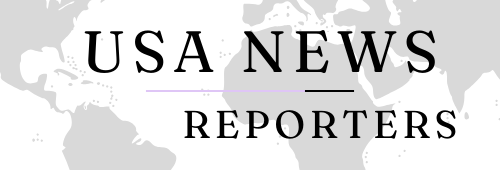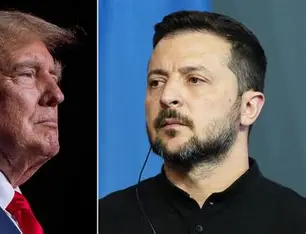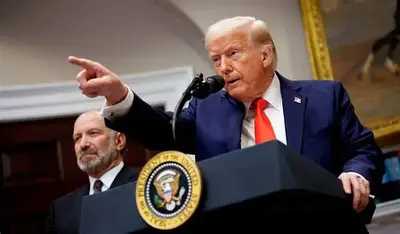America’s UNESCO Withdrawal Threatens Influence in AI and Education

The U.S. government’s decision to leave UNESCO by the end of 2026 has raised global concerns, especially in the technology and education sectors. This move could weaken America’s role in setting global standards for artificial intelligence and digital learning. Since UNESCO plays a key role in shaping ethical AI policies and fair access to education, the U.S. withdrawal may give more influence to rival powers.
At the same time, UNESCO, the United Nations Educational, Scientific and Cultural Organization, has become a major force in creating global rules for ethical AI and pushing for inclusive education reforms. Its Recommendation on the Ethics of Artificial Intelligence, adopted by 193 countries, has set a worldwide standard for responsible AI use.
The U.S. had rejoined UNESCO in 2023, recognizing the organization’s growing importance in global digital policy. But now, by pulling out again, Washington is leaving a gap, just as countries are racing to shape the future of AI. Without the U.S. at the table, UNESCO’s work on issues like facial recognition, algorithmic bias, and AI in classrooms could end up reflecting the priorities of authoritarian governments instead of democratic values.
Why The U.S. Is Leaving UNESCO Again
The U.S. says it is leaving UNESCO because of long-standing concerns about alleged anti-Israel bias and problems with how the organization is run. While these concerns have some history, experts say the strategic costs now outweigh the political issues.
This isn’t the first time Washington has stepped away. The U.S. left UNESCO in 2018 under the Trump administration and rejoined five years later. Now, the current decision to leave again could weaken America’s global influence, especially in promoting values-based technology and education systems.
Artificial intelligence is now at the heart of global power, with countries racing to write the rules. UNESCO’s AI ethics framework, focused on transparency, accountability, and fairness reflects democratic values.
Without U.S. leadership, countries like China and Russia may take the lead. That could result in global standards that are less open and less democratic. U.S. tech companies, already under pressure for AI misuse, could also face more international criticism if they’re no longer seen as supporting global ethical standards.
UNESCO has also led the way in promoting free educational tools and AI-powered learning. These efforts have helped close the digital gap in many developing countries. The U.S. has long supported global access to STEM education and digital literacy and stepping away now may leave a gap others are eager to fill. South. This could weaken U.S.-based educational institutions and edtech startups seeking international partnerships or influence in global standards bodies.
America’s withdrawal from UNESCO could significantly weaken its influence in emerging technologies, education diplomacy, and global cultural leadership. The absence of U.S. policymakers from the AI and education policy table gives geopolitical rivals an edge in shaping ethical and technical standards that affect billions.
For youth, professionals, and educators worldwide, this means potential shifts in the global AI narrative, from one driven by openness and human rights to one dictated by opaque governance.










